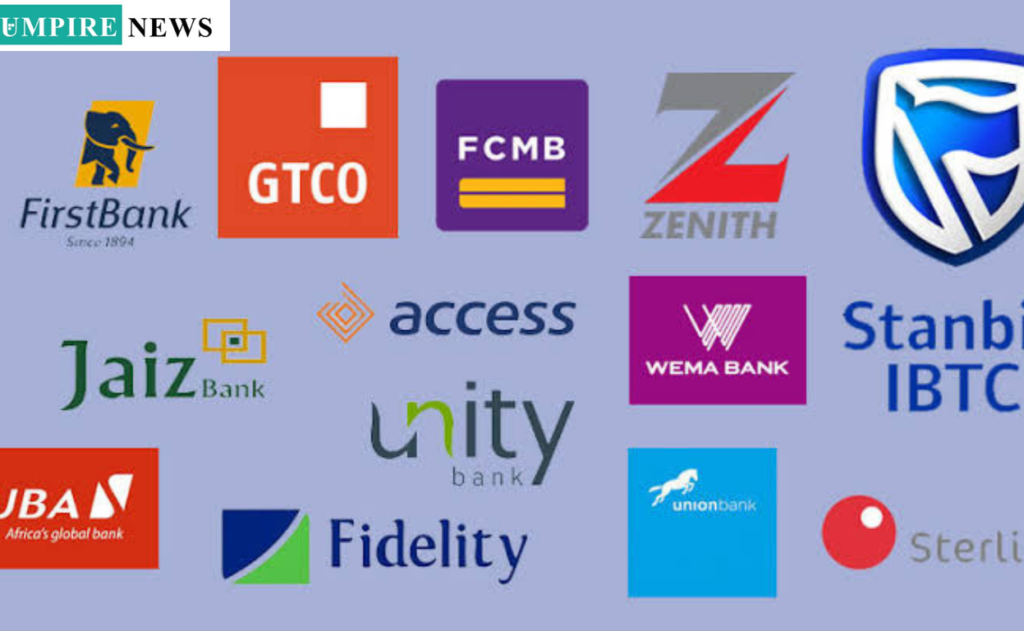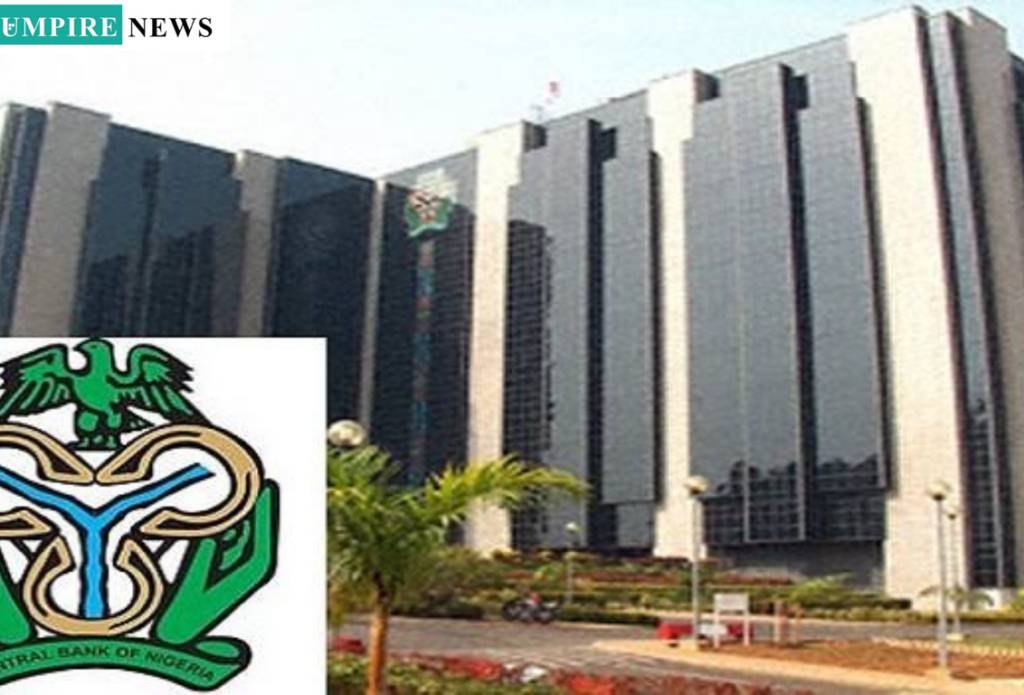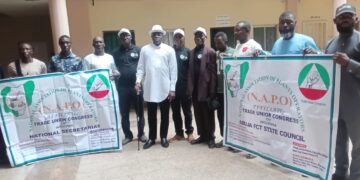The Central Bank of Nigeria (CBN) has issued a directive requiring Deposit Money Banks (DMBs) and all other participants in Nigeria’s foreign exchange (FX) market to submit detailed compliance reports regarding the recently introduced FX Code.
The deadline for this submission has been set for December 31, 2024, as part of the CBN’s broader efforts to enhance the integrity, transparency, and operational efficiency of the country’s FX market.
This initiative aims to ensure that the Nigerian FX market operates in accordance with global best practices, aligning with internationally accepted standards.
The FX Code, which came into effect on October 14, 2024, is a comprehensive set of principles designed to regulate the behavior and conduct of participants in Nigeria’s FX market.

It emphasizes ethical and professional standards to ensure that all market participants act responsibly. According to the CBN, the Code is issued under the authority of the CBN Act of 2007 and the Bank and Other Financial Institutions Act (BOFIA) of 2020, which empower the central bank to set regulatory standards for institutions engaged in foreign exchange activities.
In an official document, the CBN outlined the purpose and scope of the FX Code, “The FX Code is issued pursuant to CBN Act 2007 and BOFIA Act 2020 which empowers the Central Bank of Nigeria to issue directions for the standards to be adhered to by an institution in the conduct of foreign exchange business in Nigeria.”
Under the terms of the directive, market participants are required to conduct a thorough self-assessment of their compliance with the FX Code.
Following this assessment, each institution must submit a report to the CBN detailing the level of its compliance by December 31, 2024.
In addition to this initial report, all participants will be expected to provide the CBN with a comprehensive compliance implementation plan, which must be approved by their respective boards of directors by the same deadline.
“All market participants will thereafter be required to submit to the CBN a detailed compliance implementation plan that is approved by its board by December 31, 2024.
The FX Code should be fully implemented, and each market participant be in full compliance by December 31, 2024,” the CBN stated.
The CBN clarified that the FX Code applies to all market participants involved in Nigeria’s FX market, specifically identifying banks and financial institutions licensed by the central bank.

“The FX Code applies to market participants. These are banks licensed by the Central Bank of Nigeria under the CBN Act 2007 and Bank and Other Financial Institutions Act 2020 and engage in the wholesale foreign exchange business in Nigeria as part of their licensed business,” the apex bank explained.
To ensure the effective implementation of the FX Code, the CBN has made it clear that non-compliance could result in severe penalties.
Institutions that fail to adhere to the requirements of the FX Code could face sanctions, including monetary fines, as provided for under the CBN Act of 2007 and the BOFIA Act of 2020.
The bank emphasized the importance of compliance: “CBN may take appropriate enforcement and other administrative action including monetary penalties as provided for under the CBN Act 2007 and BOFIA Act 2020 against any market participant for failure to comply with the FX Code.”
The introduction of the FX Code brings with it new governance structures and operational frameworks for all market participants.
These participants are required to implement robust governance systems, maintain high ethical standards, and effectively manage risk within their organizations.
The CBN emphasized the importance of these measures, stating, “Market participants should strive for the highest professional standards.”
Moreover, the CBN has instituted an ongoing monitoring mechanism to ensure continuous compliance with the FX Code.
Starting from December 31, 2024, all market participants will be required to submit quarterly compliance reports to the Financial Markets Department of the CBN.
These reports will provide updates on the level of adherence to the FX Code and must be submitted within 14 days after the end of each calendar quarter. The first such report is due by the same December 31, 2024 deadline.
“Market participants will be required to submit a quarterly report to the Financial Markets Department, on the level of compliance to the FX Code within 14 days after the end of every calendar quarter, with the first report due by December 31, 2024,” the CBN stated.
In addition to these requirements, the CBN has established enforcement mechanisms to address cases of non-compliance.
These mechanisms include the imposition of sanctions and penalties for institutions that fail to meet the standards set out in the FX Code.
The CBN underscored its authority to take enforcement actions, stating, “CBN may take appropriate enforcement and other administrative action including monetary penalties as provided for under the CBN Act 2007 and BOFIA Act 2020 against any market participant for failure to comply with the FX Code.”
The introduction of the FX Code is part of a broader strategy by the CBN to foster a more transparent, efficient, and fair foreign exchange market in Nigeria.
By implementing the FX Code, the CBN hopes to create an FX market that reflects real market information and supports the country’s flexible exchange rate regime.
The FX Code is modeled after the globally recognized FX Global Code, which sets similar ethical and operational standards for foreign exchange markets worldwide.
Through this alignment with international standards, the CBN aims to enhance the resilience and transparency of Nigeria’s FX market.
By doing so, the central bank hopes to create a market environment where participants can confidently engage in foreign exchange transactions at competitive prices, free from unfair practices or undue manipulation.
The CBN’s initiative to introduce the FX Code and its rigorous enforcement measures underscores its commitment to reforming Nigeria’s foreign exchange market.
By holding all participants accountable to high ethical and operational standards, the CBN seeks to build a market that operates with integrity, instilling greater confidence among both local and international participants.
As the deadline approaches, all market participants will need to align with these new standards to ensure their continued participation in Nigeria’s evolving FX market landscape.

































